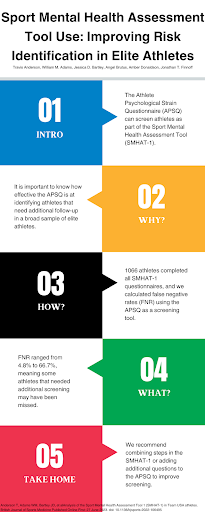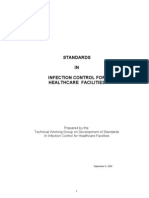
Optimizing Athletic Performance: Comprehensive Health Assessment
Maintaining peak athletic performance involves more than just honing physical skills and following a rigorous training regimen. A crucial component often overlooked is the athlete’s overall health. A comprehensive health assessment can provide valuable insights, helping individuals fine-tune their training programs for optimal results.
Understanding the Significance of Health Assessment
The first step in optimizing athletic performance is recognizing the intricate connection between physical well-being and sports achievement. Athletes pushing their bodies to the limits must prioritize health to prevent injuries, enhance endurance, and achieve sustainable success. A comprehensive health assessment serves as a proactive approach, identifying potential issues before they escalate.
Holistic Approach to Performance Enhancement
A holistic approach to athletic performance takes into account various facets of an individual’s health. This includes not only physical fitness but also mental and emotional well-being. By assessing all these components, athletes can develop a more well-rounded and resilient foundation for their endeavors.
Physical Fitness Evaluation
The physical aspect of health assessment delves into an athlete’s strength, flexibility, and cardiovascular fitness. This evaluation aids in tailoring training routines to address specific weaknesses and capitalize on strengths. Understanding an athlete’s physical baseline is crucial for designing personalized workout plans that optimize performance while minimizing the risk of injuries.
Nutritional Analysis for Peak Performance
Nutrition plays a pivotal role in an athlete’s ability to perform at their best. A health assessment includes a thorough nutritional analysis, identifying any deficiencies or imbalances that could hinder performance. Customized dietary recommendations can then be implemented to fuel the body adequately and promote optimal recovery.
Mental and Emotional Well-being
Athletic prowess is not solely dependent on physical fitness. Mental and emotional well-being significantly impact an athlete’s ability to focus, handle pressure, and maintain motivation. Incorporating psychological assessments in the health evaluation ensures a holistic understanding of the athlete, paving the way for targeted mental training strategies.
Injury Prevention Strategies
A proactive health assessment is a potent tool for injury prevention. By identifying potential vulnerabilities in muscles, joints, and ligaments, athletes can implement targeted exercises and rehabilitation techniques. This proactive approach minimizes the risk of injuries that could sideline an athlete and hinder long-term performance.
Utilizing Data for Performance Optimization
The data collected through health assessments forms the foundation for an individualized performance optimization plan. Coaches and athletes can collaboratively analyze the results to make informed decisions about training intensity, recovery protocols, and overall wellness strategies. This data-driven approach ensures that every aspect of an athlete’s routine aligns with their specific needs and goals.
Athletic Performance Health Assessment: A Vital Investment
In the pursuit of athletic excellence, investing in a comprehensive health assessment is not a luxury but a necessity. It serves as the cornerstone for a sustainable and successful athletic journey. By understanding and addressing all aspects of an athlete’s well-being, from physical fitness to mental resilience, individuals can unlock their true potential.
To embark on your journey towards peak performance, consider an Athletic Performance Health Assessment today. Click here to explore how this transformative approach can elevate your athletic endeavors.














